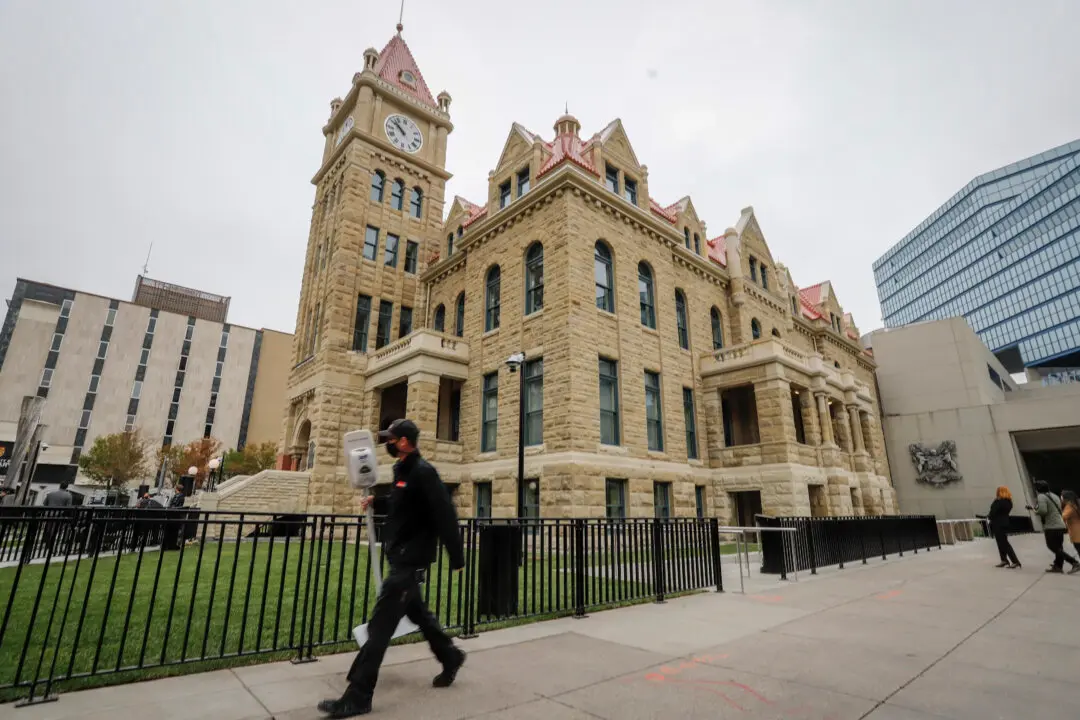The Ontario government is proposing legislative changes that would ban sex offenders from legally changing their names, and require stricter regulations for the monitoring and supervision of sex offenders.
The move to update the current legislation, known as Christopher’s Law, was announced in a Nov. 15 government release.





